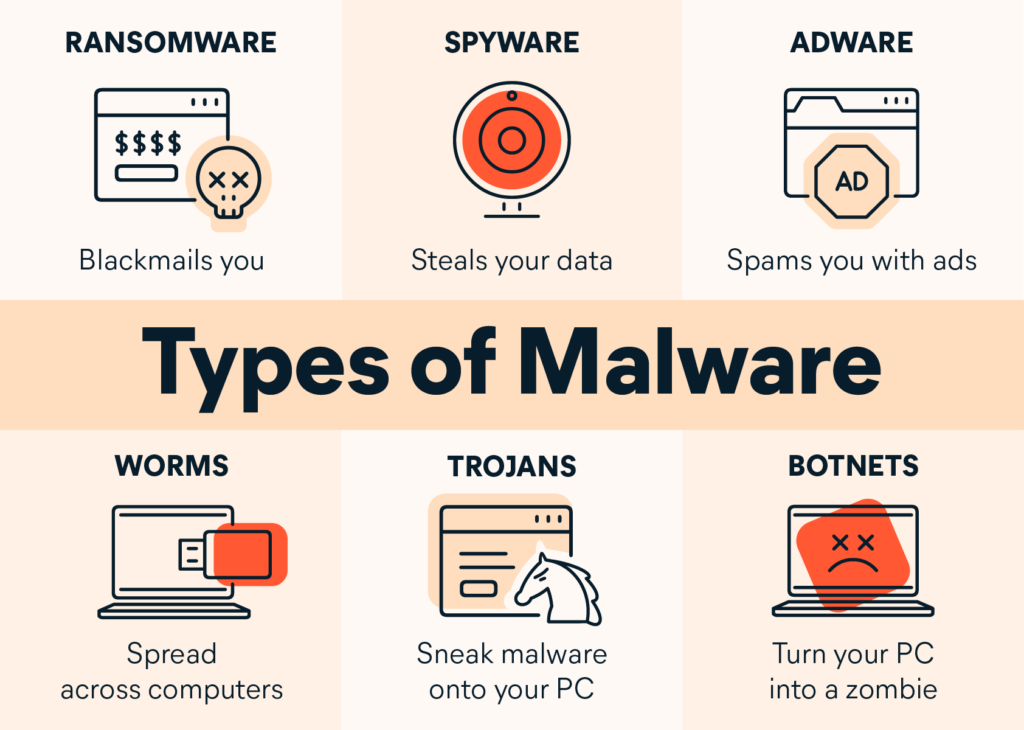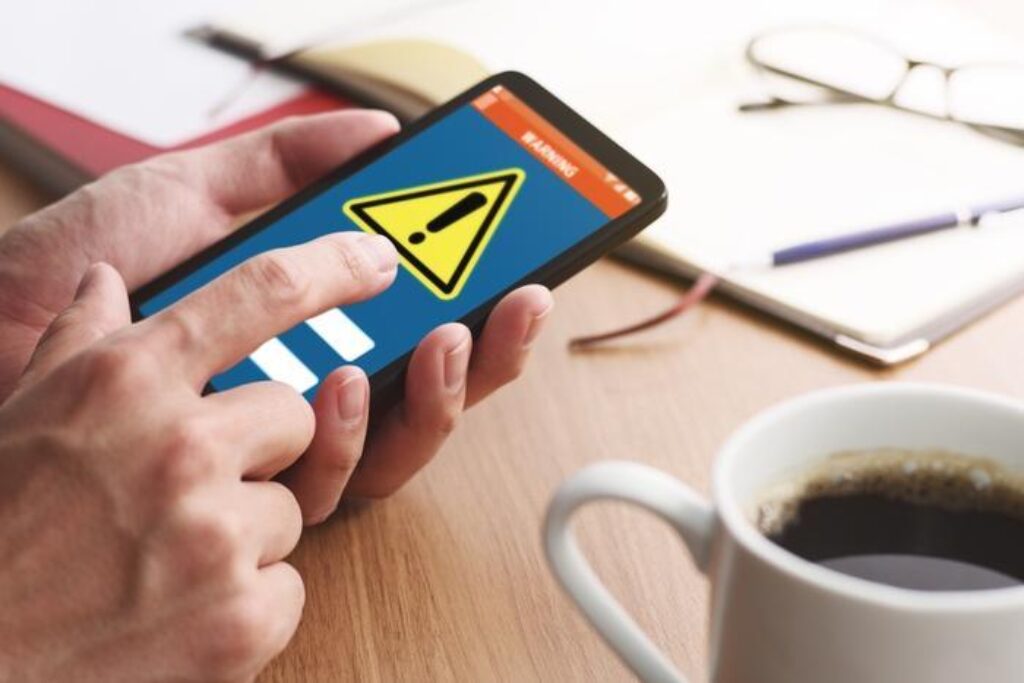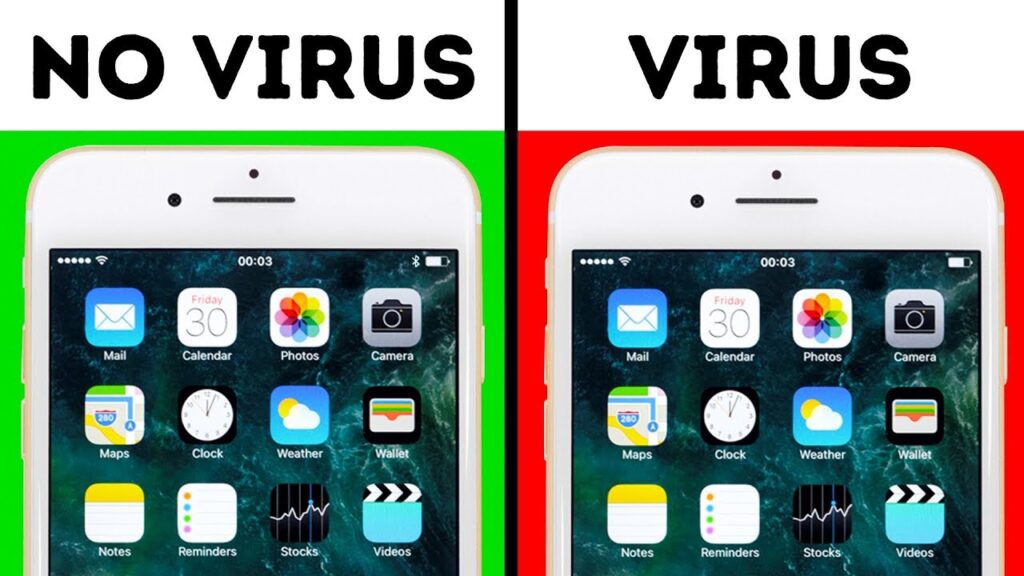
Technological advances have created a gold mine of information about certain individuals, platforms, or places. Unfortunately, many unscrupulous individuals find this an excellent way to make money by stealing information from phones and computers by installing malware and viruses on unknowing victims.
As the digital age grew rapidly, switching from desktops to phones would be a natural course for many black hat hackers. Infections and attacks have been proven to be expansive and large-scale phishing through texts, emails, calls, and app messaging are now very common, and you can see more about this on this page.
With billions of smartphone users around the globe, it’s not surprising that malicious software is everywhere, and even if it’s hard to believe, your phone could be infected too. Here are some things to know about it.
Table of Contents
What are the Types of Malware Out There?

Source: avast.com
You can get computer worms, spyware, ransomware, Trojans, and other viruses through a sneak attack on your phone. Their codes are written to cause havoc in your system, and cyber criminals use them to hold data, images, and videos on your device and force you to pay for them. They might even delete everything on your smartphone when they get what they want, and receiving payment does not guarantee that your files are not compromised.
One of the reasons why cybercriminals do cyberattacks is to steal valuable information from the victim, such as their usernames and passwords on their bank accounts, social media platforms, business portals, etc. The software can be installed by the user unintentionally, or they might have downloaded and opened a file that they thought was legitimate.
Signs that You Have Spyware

Source: consumeraffairs.com
Even if you’re alert and take many preventative measures so the spyware won’t be installed on your devices, this can still happen. Some of the telltale signs that you need to watch out for are the following:
- Bills that are Too High – Unreasonable charges on your phone bill after a month may be uncommon but it’s a sign that you have a virus. It will send premium texts without your knowledge and make phone calls, which might be problematic if you don’t have an unlimited plan.
- Lagging Phones – Strange behaviors are very common, and when you notice a slow response to your touch, even if the device is fairly new, it would mean that other software is using it, and they are heavily using up your RAM which you can see more here: https://www.computerhope.com/jargon/r/ram.htm.
- Random Ads – Ever see those overbearing ads randomly popping up wherever you are on the screen? Resulting in a malicious code inserted into the internal programming of the phone, and it could mean trouble.
- Strange Messages – Receiving spam texts frequently and noticing that your contacts are getting them too translates into infection.
- Reduced Battery Life – In iOS, you’ll notice a significant reduction in your battery health, even if only a few months have passed since you purchased the device. This is the same thing that may happen in Android; after you’ve removed the phone from the charger, it will reduce to half even if you’re not watching movies or playing games. This is caused by an abnormal app with badly-written codes, so beware.
What Should You Do Next?

Source: youtube.com
Get the phone fixed as soon as possible. The first thing to do if your phone has a virus is to stop it from connecting to your local network by switching it to airplane mode. It’s going to stop the apps from sending and receiving data connections to reduce lags.
- Reboot the device into safe mode and power it off. Other smartphones will have this option when you press the power button, while some will need you to get the volume down in order for it to work.
- Delete apps that you’ve recently installed and clear their cookies.
- Look for emails with links that you think contain ransomware.
- Install firewall or anti-virus software that will keep you protected 24/7 to prevent your RAM from performing slowly.
You should also avoid using public Wi-Fi whenever possible and download a VPN. Don’t reply or click on suspicious emails that have random letters and numbers as their addresses. Only install from Google Play or App Store, and don’t use the web versions. Read the access that you’re giving to the developers and get help from technicians if the phone becomes unusable due to viruses.
Call the bank if you’ve been compromised and request for authenticators when you log into your email. Don’t call the scammers back and never answer anyone pretending to be tech support. Some are only ads for a fake virus showing on your screen and it’s best to just ignore them. Avoid shady sites and post questions into a forum when you’re in doubt.







